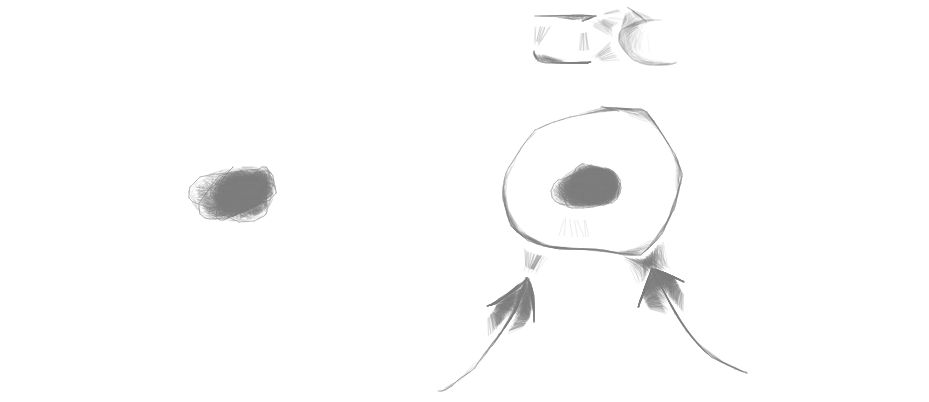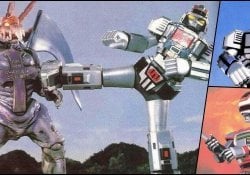If you still don't know, in Japanese the word もの (物) and こと (事) means "Thing" but what is the difference between the 2? When to use each in a sentence or phrase?
Meaning of Mono - もの [物]
The mono It is used to refer to a physical, concrete thing, a tangible thing, concrete, something that can be touched, touched; a sensible and touchable thing. Something that is perceived by touch; corporeal, palpable. Such as: a wallet, a cabbage, a door, or a coin.
Mono can give the idea of an object, article, material, substance, possessions, property, belongings and anything. It can also be used to emphasize emotion, judgment, etc. And it can be used to indicate a common occurrence in the past, a general trend, or something that must happen.
もの can also be contracted to もん in informal speech.
Examples from the use of mono:
その黒いものは猫かなあ.
sono kuroi mono wa neko kanaa.
I wonder if this black thing is a cat?
おいしいものが食べたい.
oishii mono ga tabetai.
I want to eat something good.
Meaning of Koto - こと[事]
The koto it is a conceptual, intangible thing, that is, something that cannot be touched, caught; something untouchable. Or a thing not perceptible by touch; impalpable and incorporeal. Examples of unshakable things: a victory, a habit, a desire, or an incident.
Koto can also give the idea of interest, incident, fact, reason, case, work, business, etc.
Examples from the use of koto:
いい事はありません.
ii koto wa arimasen.
There is nothing good.
大事な事を教えます.
I will teach important things.
I will tell you something important.
昨日の事はすみませんでした.
kinou no koto wa sumimasen deshita.
I'm sorry about what happened yesterday. (thing from yesterday)
どう いうこと?
do i koto?
What is the meaning of this?
Comparison between Mono and Koto
Let's make a brief example of 2 equal sentences plus one has koto and the other mono, and this gives a different idea to the sentence.
食べる事
Taberu koto
The act of eating, Food
食べる物
mono taberu
Eat something
It is also possible to transform an abstract idea into a concrete/tangible one, see the example below:
- どうして行かないの?Dōshite ikanai no?
- だって、忙しいもの。Datte, isogashī mono.
A curiosity is that the difference in tangibility between mono and koto has a phonological root. The nasal consonants /m/ and /n/ are associated with subjectivity, but not /k/, which is a velar consonant (in this case, denoting objectivity). There is also the issue of voicing. /m/ and /n/ are voiced sounds, /k/ and /t/ are voiceless consonants, which also contributes to subjectivity vs. phonological symbolism. objectivity
Credits to: Makino & Tsutsui 2011: 50-58 and André Pinto - Kitsune Japanese lessons
The article is still halfway through, but we recommend also reading:
What does the koto in the phrase I love you mean?
The word koto [こと] can literally mean things in a figurative sense. But its use in phrases like I love you [あなたのことが好きだ]. When we use the expression koto in a sentence like i love you, we try to say that we like all things in the person. Like this?
In many anime, dramas and in real life, we can see people use the expression I love you this way:
- I really like you
- あなたのことが大好きです
if we take the koto [こと] of the sentence will still mean I love you or I like you. So what is the use and meaning of koto in this sentence? Some claim that the koto [こと] adds a layer of indirection, so the Japanese often use koto in phrases like I love you.
like the koto literally means figurative things, we can say that the koto [こと] in the sentence encompasses more the object (you). It would be like saying I love everything about you, or everything about you.
The koto [こと] makes it clear that you love the person in a romantic way, rather than simply saying that you like the person as someone. It is quite essential, especially when we use the expression I like/love you.
If we use koto [こと] we are showing genuine love, which focuses on the quality and interior of the person, on things not seen. This expression conveyed the depth of his love for the person.
Saying I love you without koto sounds kind of superficial, using koto we are saying that we like the person's presence, their charm, their qualities, everything. It increases the degree of suki (好き) which also means just liking.
Digging deeper into the koto expression
We can illustrate koto as follows:

Imagine the first point is you, imagine the second point is you with the koto (あなたのこと). When using koto we are giving focus to the object and the verb. We can use koto in sentences with several verbs even though a literal translation into Portuguese does not make sense, such as:
- I want to hug you
- あなたを抱きしめたい
- anata or dakishimetai
We can change to あなたのこと to focus and concentrate on the object (you). Although it literally means I want to embrace all things in you, the phrase is not wrong. The fact that the sentence has the word あなたのこと does not mean that we are literally trying to say all things about you.
The expression こと can also be more specific, rather than all-encompassing. At no time do we use the expression all in the sentences mentioned in the article.
Japanese words are often very indirect and comprehensive, which makes it difficult for even Japanese people to understand. I read a thread on stackexchange that talked about exactly this, which prompted me to write this article. There I realized that even the Japanese have difficulty understanding the real use of koto.
As much as it means things its kanji can also give the idea of something important, a fact, a reason and a possibility. It is really difficult to understand the meaning of Japanese words without experiencing and using them daily. What is your opinion? We look forward to your comments to improve this discussion of the word koto.
Using Koto and Mono to Learn Words
Is there a way to double your Japanese learning using the expressions mono and koto. We can see this in the video that I will leave below Yamada Tarou, or in our guide Verbs or Nouns? Transform your Japanese studies.
In summary, we can understand that some verbs become words when using koto and mono, try to understand this by looking at a list of words below:
- Eat [食べる] - Eat = Tabemono [食べ物] - Food;
- Gataru [語る] - Count; narrate = Monogatari [物語] - History;
- Shi [し] - verb suru + Koto [こと] - Thing = Shigoto [仕事] - Work;






